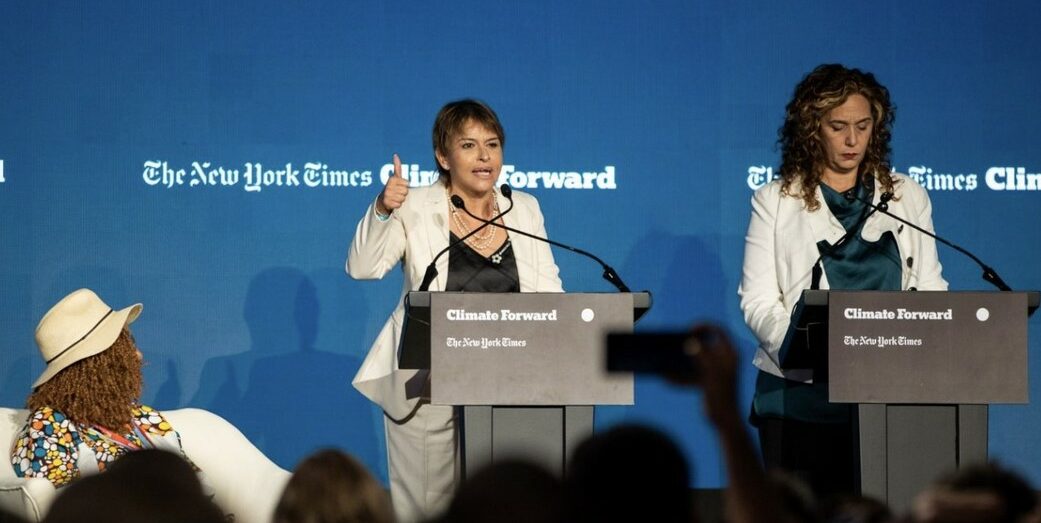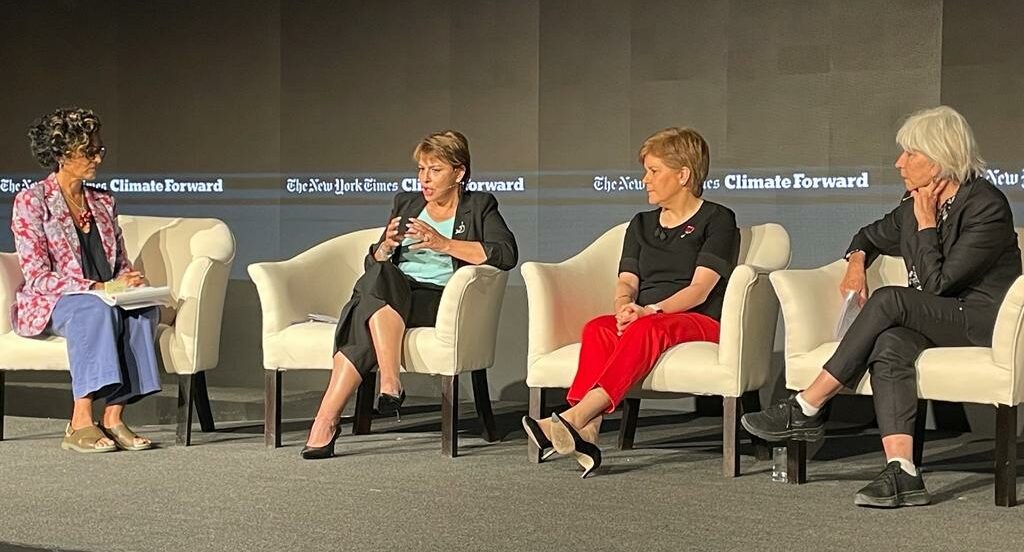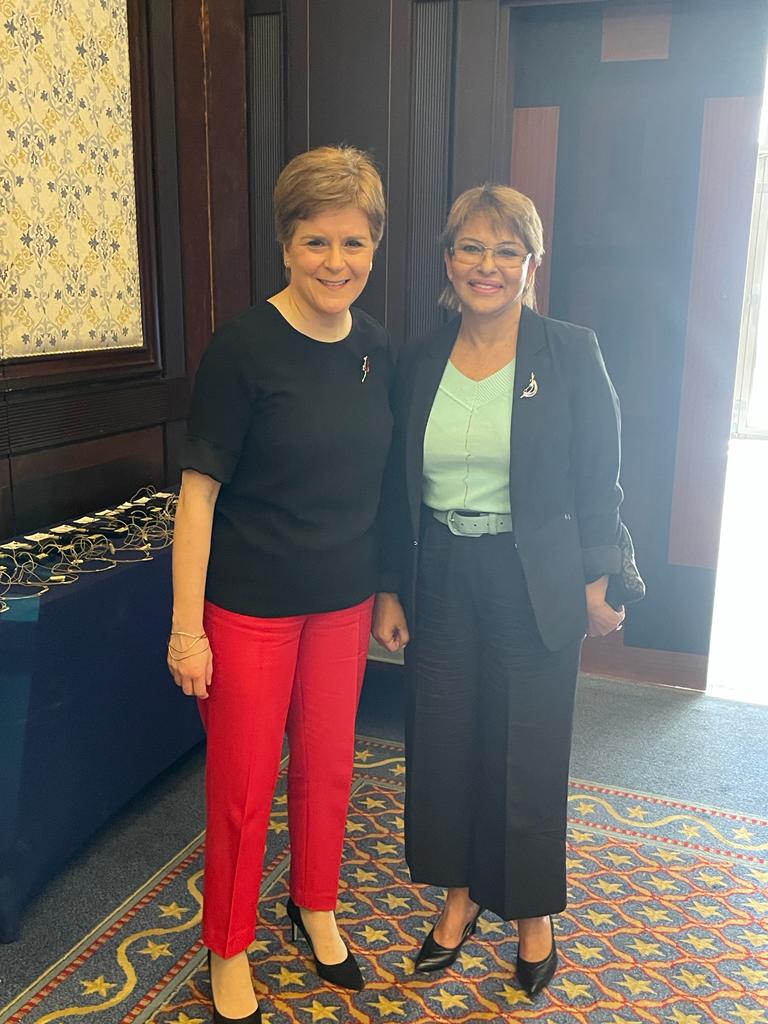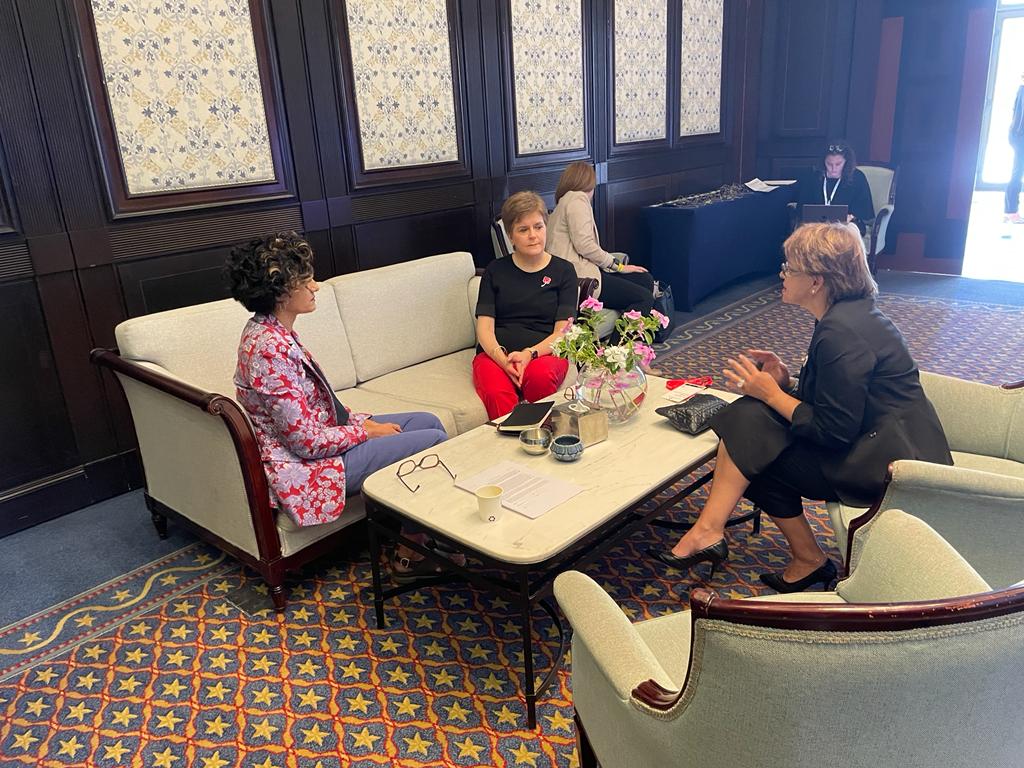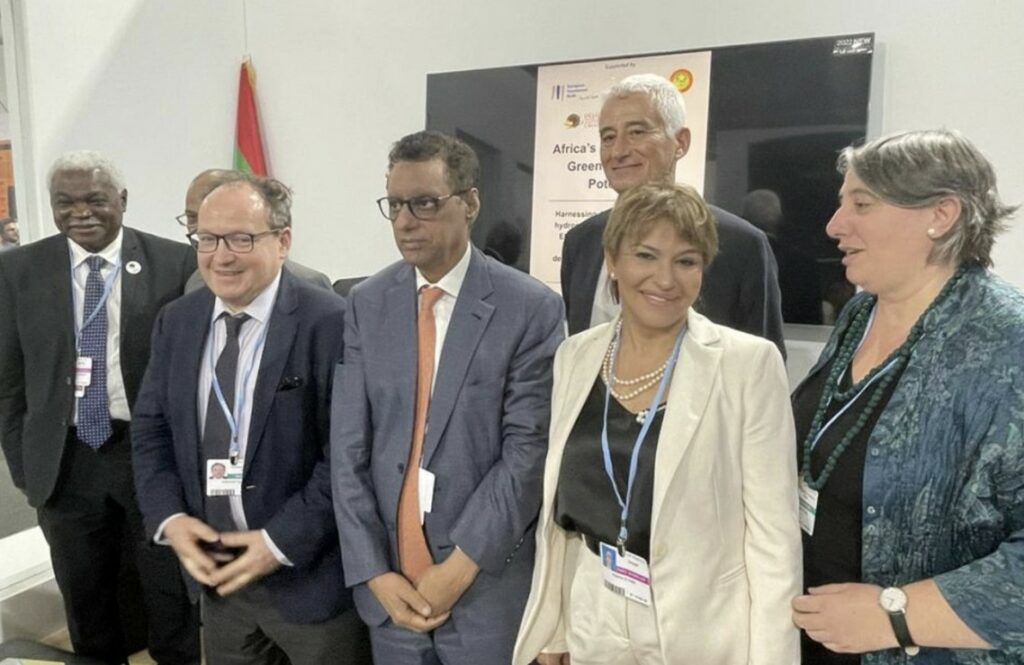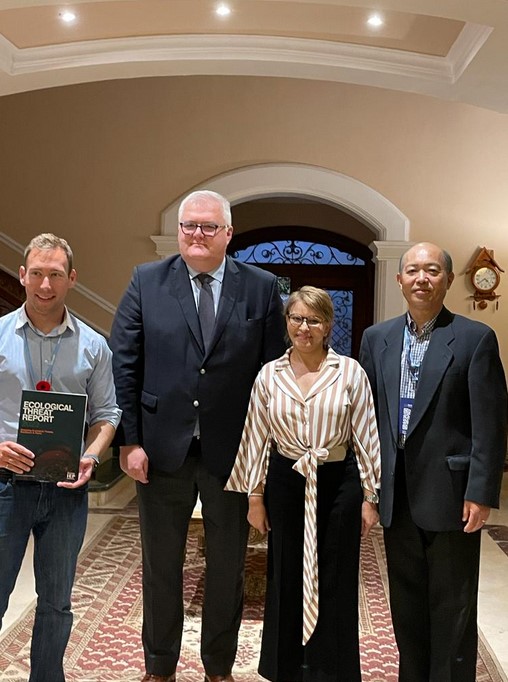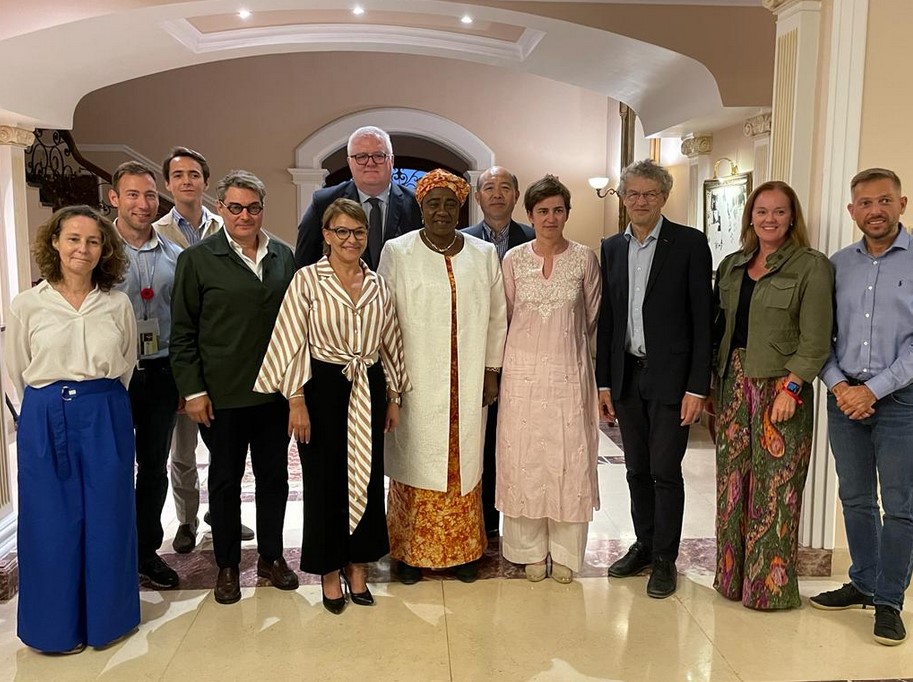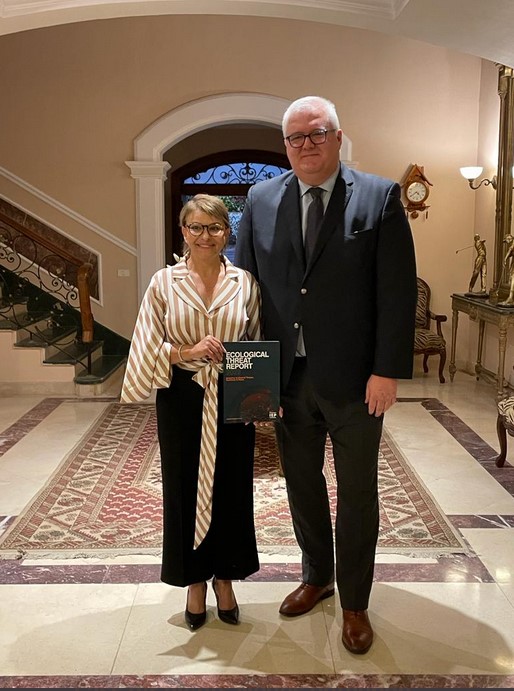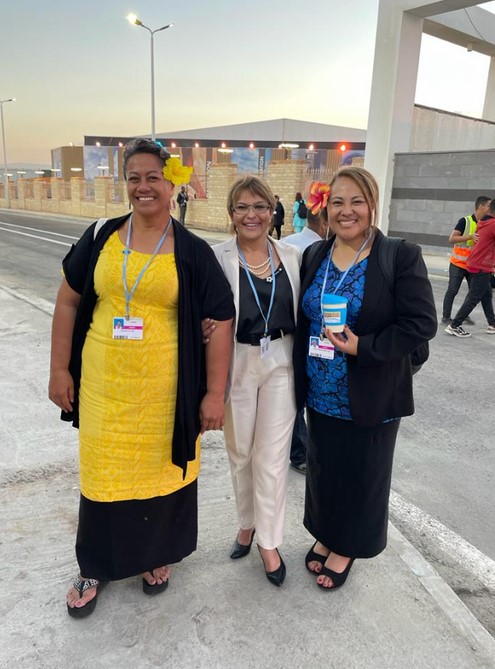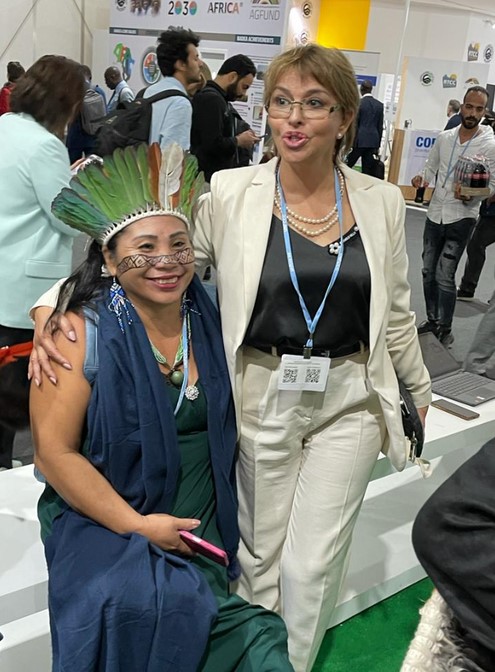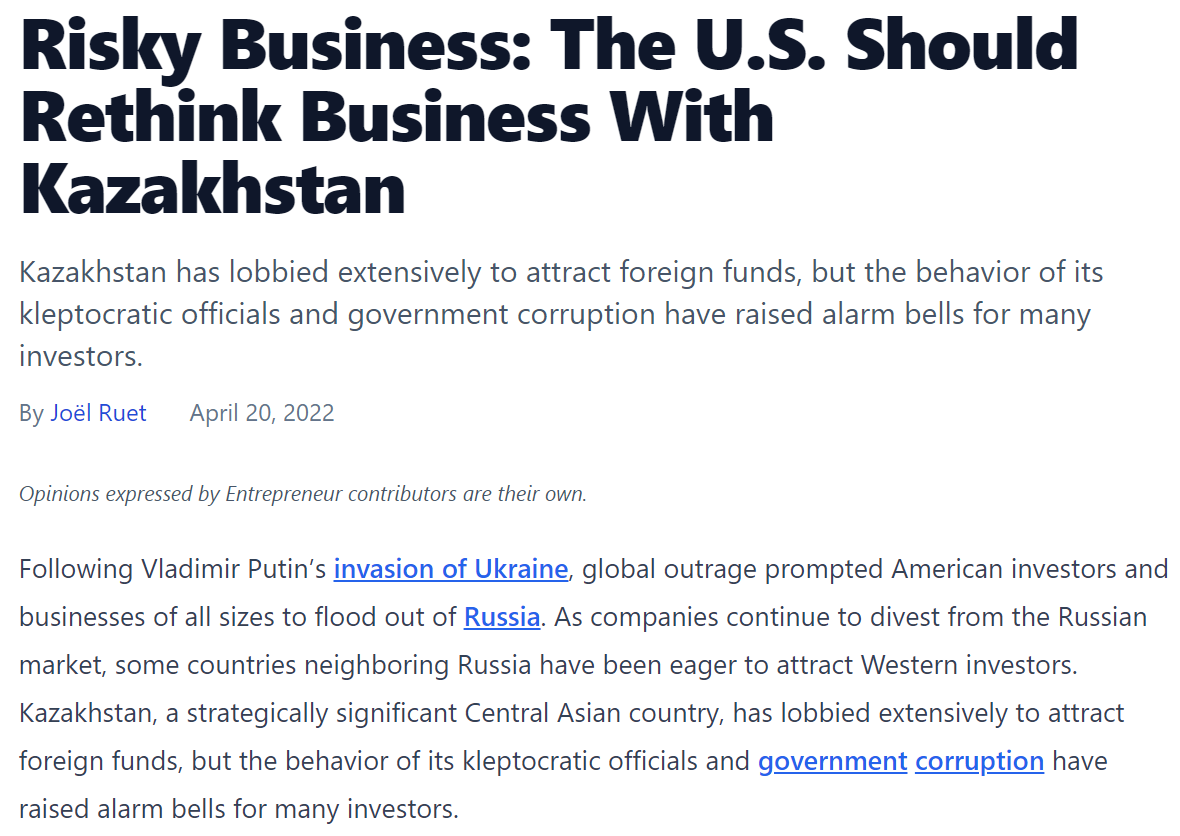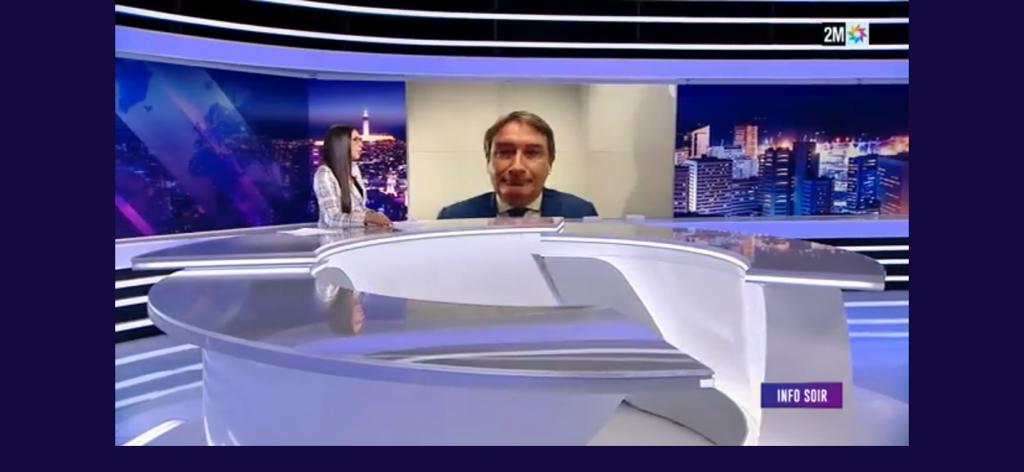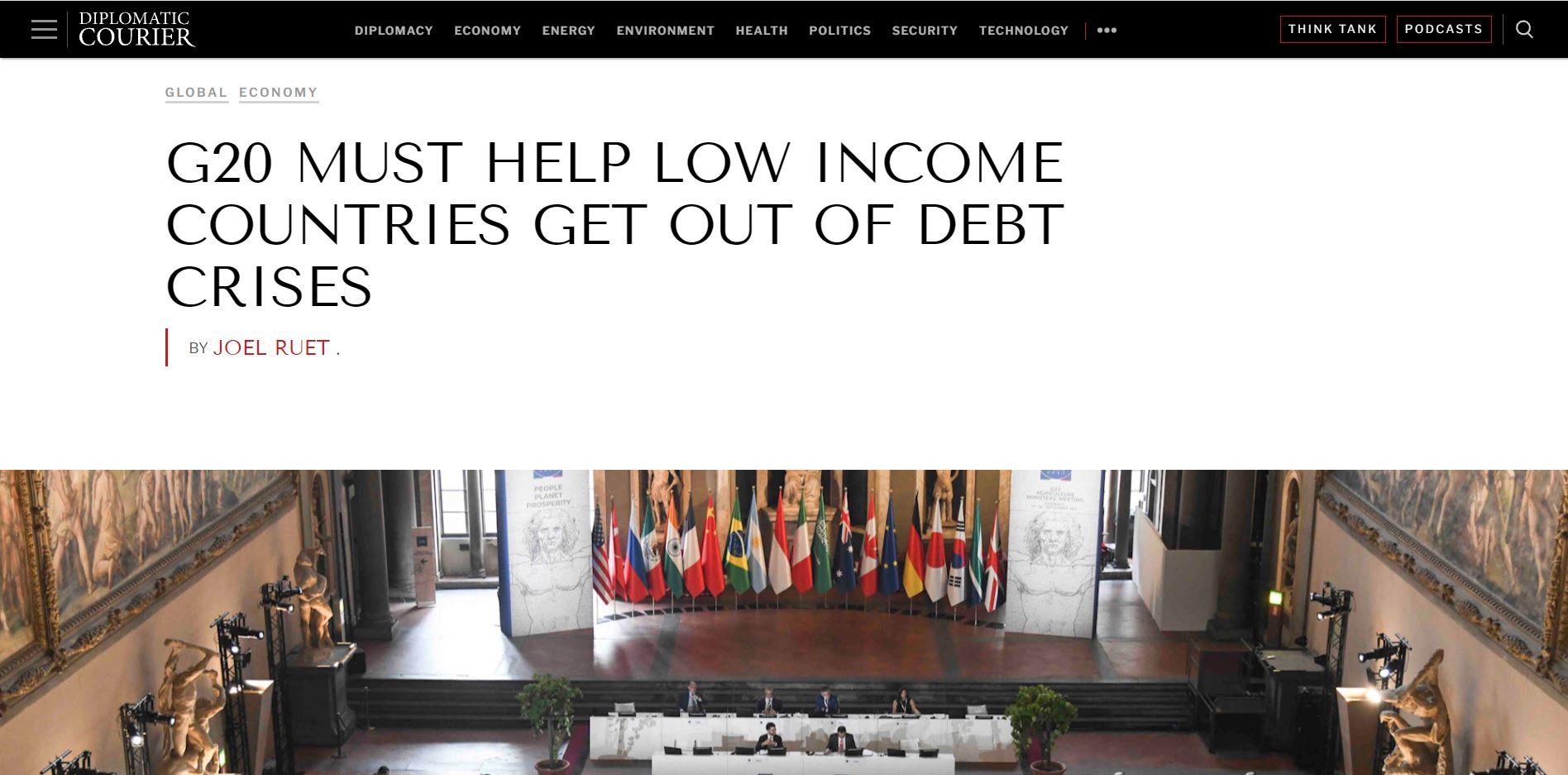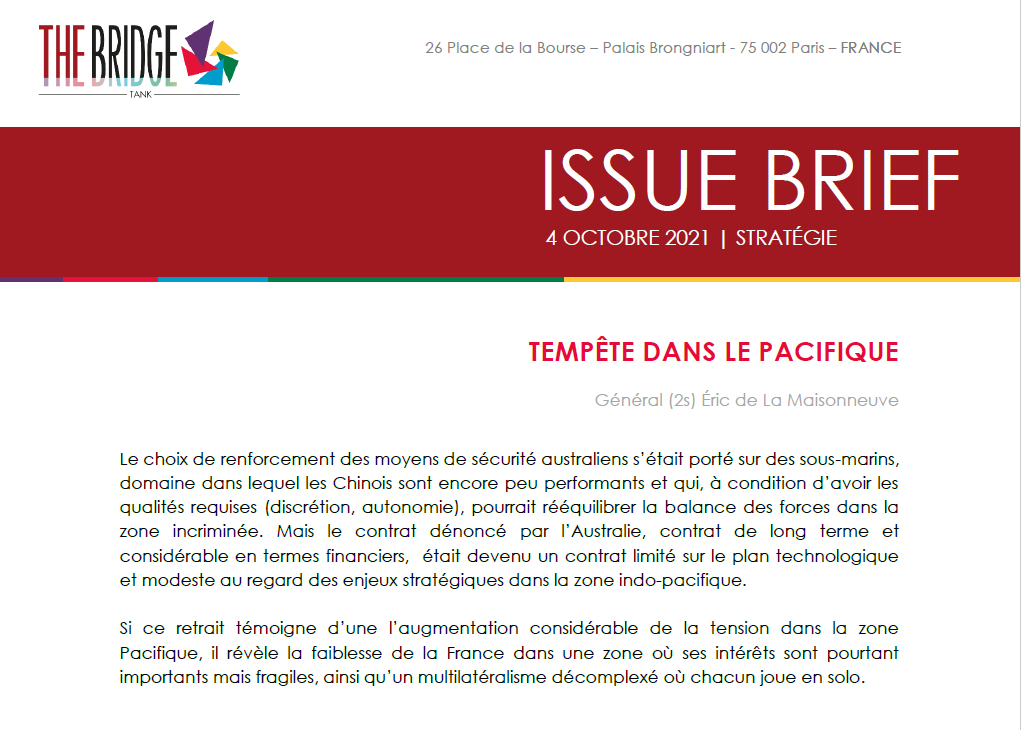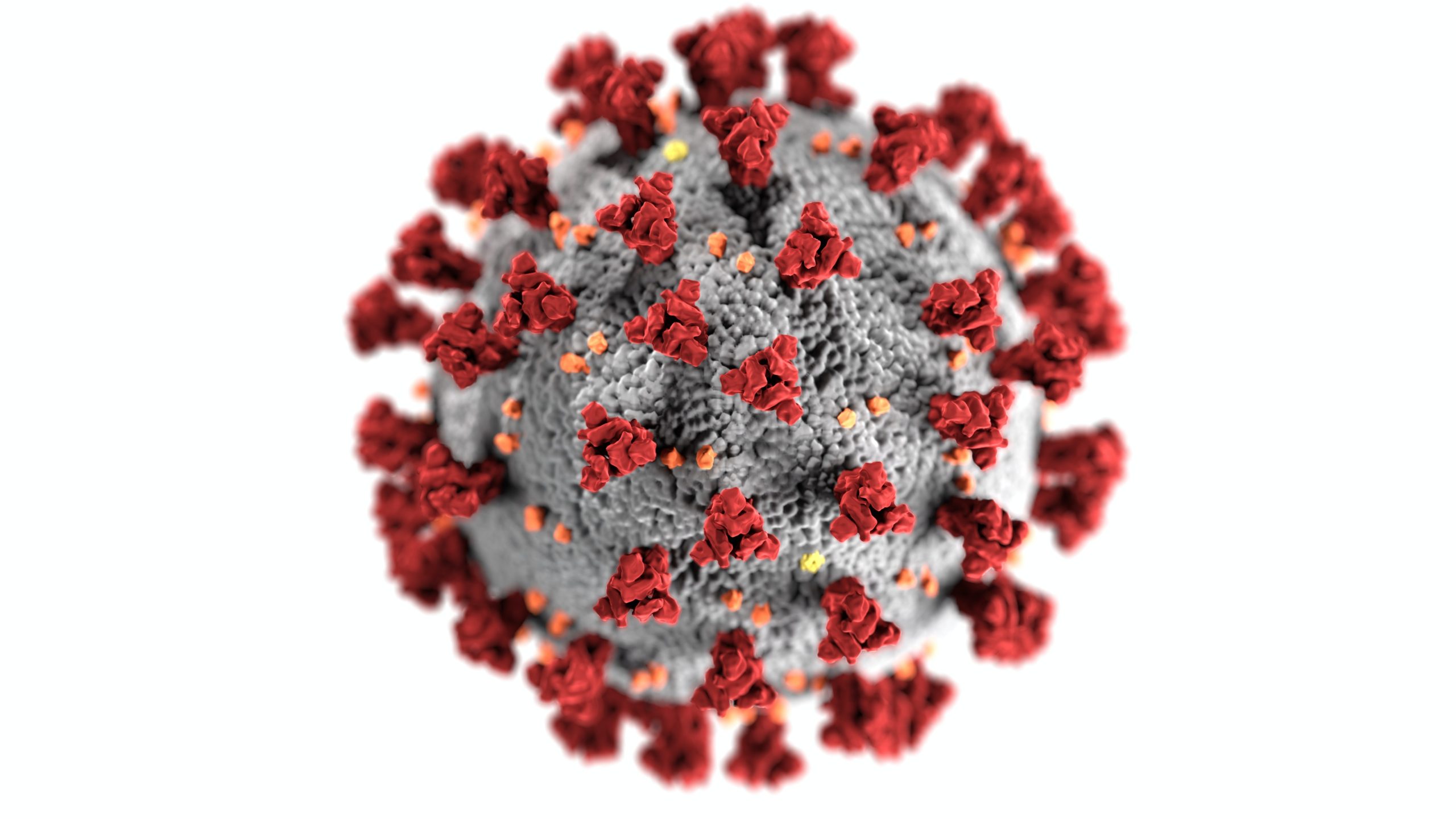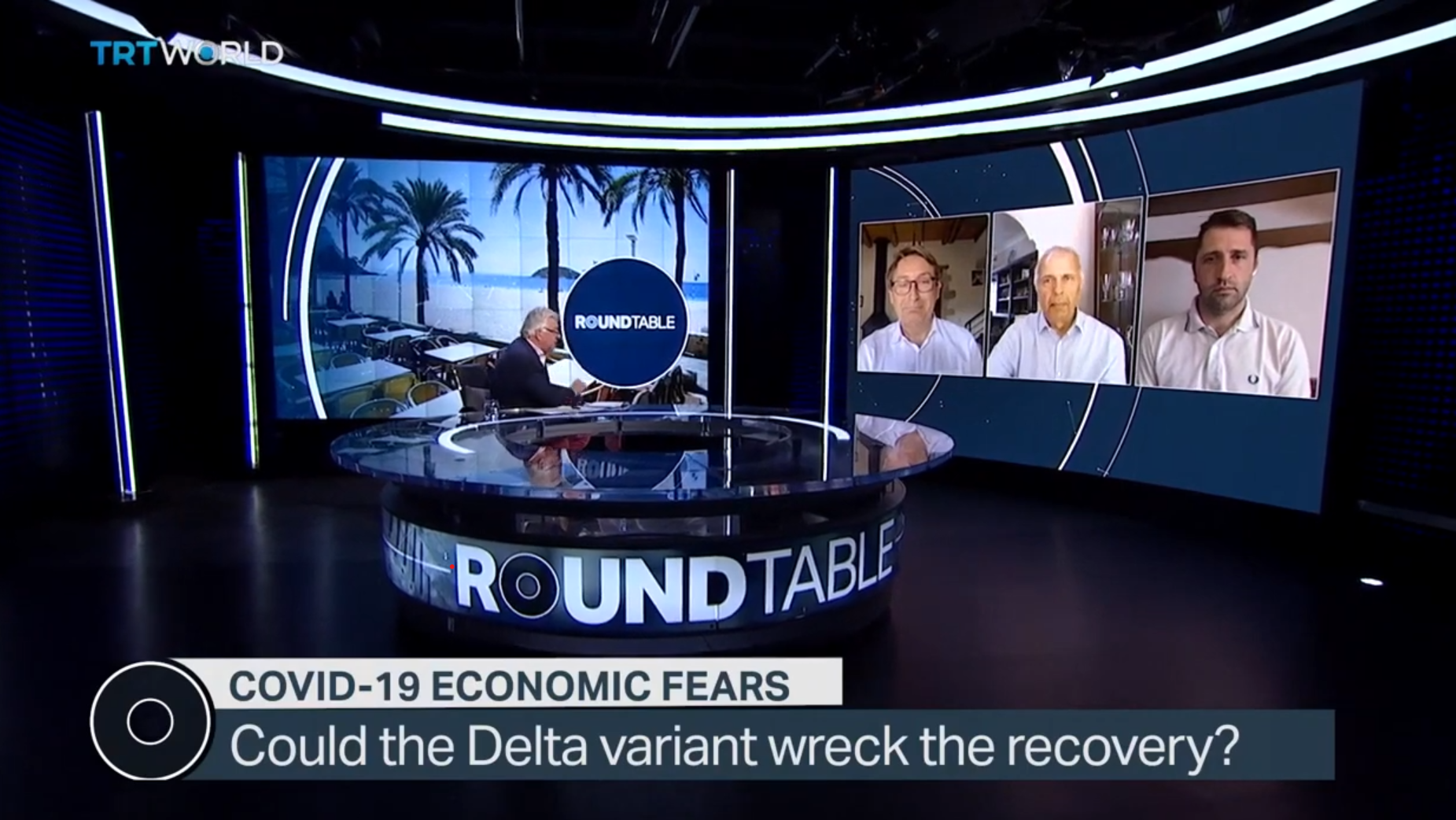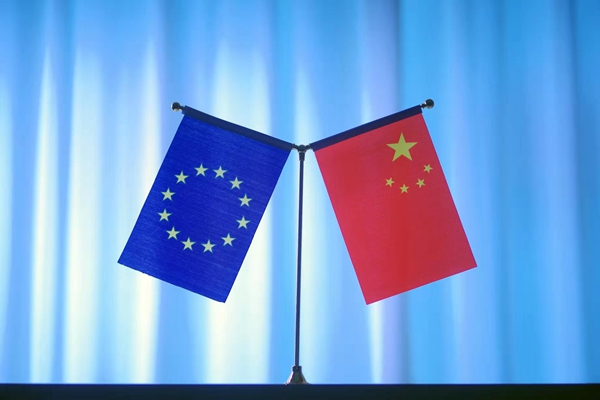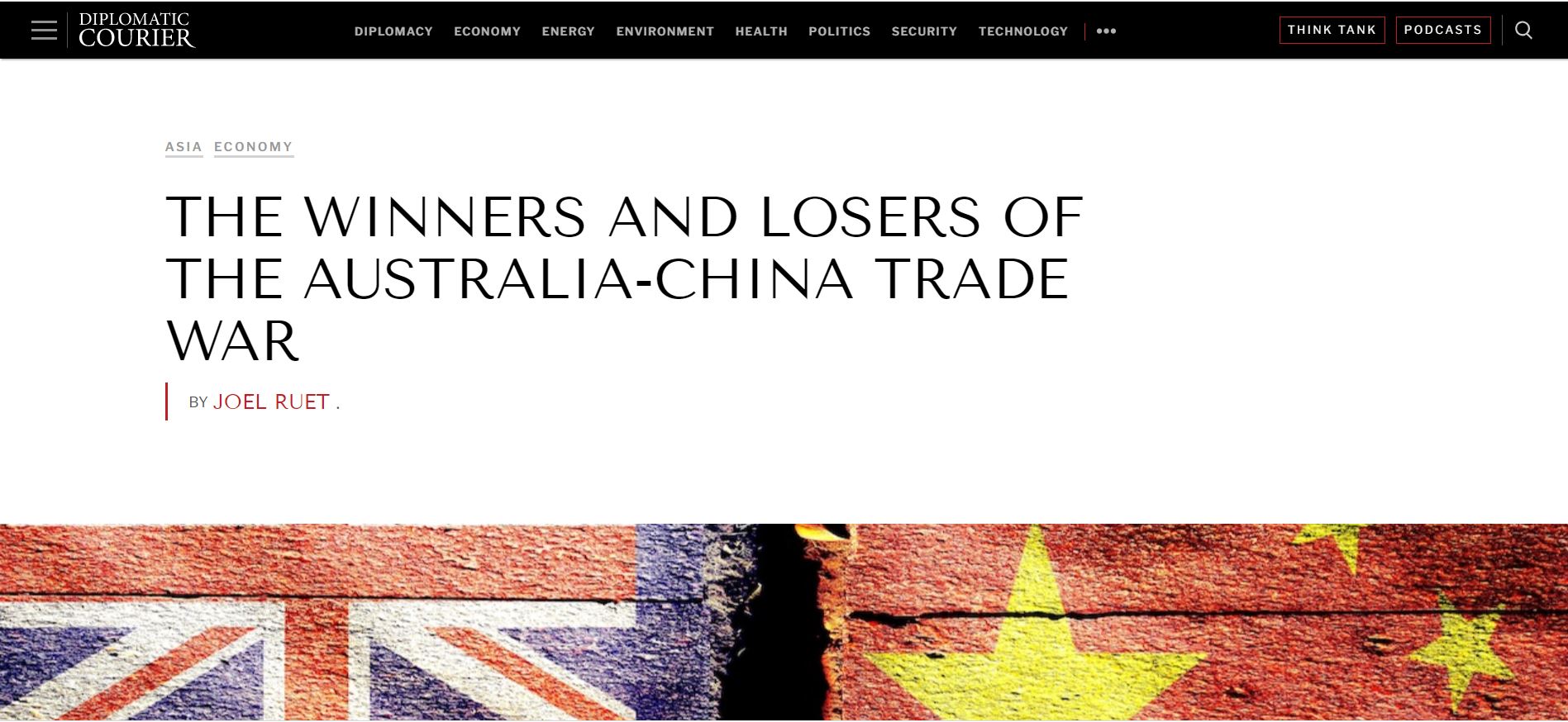OpEd: Risky Business: The U.S. Should Rethink Business With Kazakhstan
An article written by our President, Joël Ruet about Kazakhstan’s current and growing challenge to fight corruption that undermines foreign investment and the country’s socio-economic development, was published in the media Entrepreneur.com. He warns that “despite the Kazakh government’s public campaign to attract foreign investors […] it will need to implement fundamental changes, and that starts with taking anti-corruption seriously and honoring agreements with foreign investors. Until then, U.S. investors should rethink the risk of doing business in Kazakhstan.”
“Profiteering & pandemic: WTO, pharma industry must introspect”, tribune by our board member Pranjal Sharma
In the ongoing context of the Covid-19 pandemic, our board member, Pranjal Sharma, wrote the following OpEd, published by The Daily Guardian, on the benefits of waivering the IPR (intellectual property rights) on vaccine production, particularly for low-income countries such as India and those of the African continent.
Read his tribune here: https://thedailyguardian.com/profiteering-pandemic-wto-pharma-industry-must-introspect/
2M TV Morocco – Joël Ruet speaks on how the roll-out of the vaccine pass will facilitate the return to normal life
Joël Ruet, President of The Bridge Tank, spoke on newscast Infosoir on Monday 25 October on the French-Moroccan television channel 2M. Joël Ruet indicated that the world is in a new phase in the treatment of the pandemic, with imperatives and specificities that differ from the period of its advent. “Before,”, Joël Ruet recalled, “the virus had to be prevented from circulating but, in doing so, populations were prevented from circulating, it was containment,” a necessary measure given the absence of a vaccine.
Watch his intervention (in French) here.
OpEd: G20 Must Help Low Income Countries Get Out of Debt Crises
On the occasion of the G20 Finance Ministers meeting in Washington DC, our Policy Brief on the modernization of the African Banking sector was mentioned in an OpEd in Diplomatic Courier by Joel Ruet. This paper suggests that, in addition to sovereign aid, commercial banks in Africa get a fairer rating of their (low) risks and (high) profitability and thus ease their refunding costs to deliver levers of growth and employment.
Read our policy brief here
Read the OpEd here
Issue Brief: AUKUS – A storm in the Pacific
On 15 September 2021, Australia terminated a contract with France to supply conventional submarines, in favor of a nuclear military-technology collaboration with the United States and the United Kingdom. This breach of contract highlighted the nascent AUKUS (Australia, United Kingdom and United States) military alliance, which was created in response to China’s growing power in the Indo-Pacific. This tripartite alliance has only served to add insult to injury in the current tense international context, as well as to exacerbate diplomatic relations between France and the United States.
In light of the visit to Paris on October 5, 2021, of the Secretary of State of the United States, Anthony Blinken, to try and appease the situation, The Bridge Tank published an analytical note, written by retired French General Eric de La Maisonneuve.
This issue brief is based on the idea that the contract denounced by Australia, a long-term contract and considerable in financial terms, had become a limited contract in technological terms and modest in relation to the strategic stakes in the Indo-Pacific zone. This Australian reversal reveals several key points:
- The worsening situation in the region, particularly in the South China Sea, the growing antagonism between China and the United States on trade issues, the impressive rise of the Chinese navy and its associated armaments, the multiple Sino-Australian tensions, all lead both the United States and Australia to review their arrangements.
- If, as is to be expected, events in the area precipitate, urgency will prevail and the USA will be forced to install their bases and nuclear submarines directly in Australia, even if it means renting or loaning some of them to the latter. Here again, it is likely that this future contract under the AUKUS umbrella will have difficulty seeing the light of day.
- France for its part should draw the consequences of this diplomatic-strategic fiasco in three directions:
- Revise its “foreign policy/defense policy” complex,
- Re-evaluate the European security pillar and its concretization through a Franco-German alliance under the French Presidency of the EU,
- Rethink in this context its systems of analysis of China to better anticipate its strategy and its actions.
Read the issue brief here (in French): 2021-10-04-IB La Maisonneuve
When bad controversies drive out the good ones: rehabilitating scientific controversy
At a time when Covid variants are multiplying, what is known genetically about this virus, from the processes of its emergence, to the role of virology in the analysis of its current evolution, to the genetic origins of its transformation into a pandemic, as well as the hypothesis of the possible role of humans and virological laboratories in its rise? What are the hypotheses supported by facts and debated by scientists, the controversies based on scientific protocols?
From the emergence of a pathogenic virus to the pandemic and variants: virology’s point of view
To shed light on these questions, this dossier presents our exchanges with Sterghios Moschos, researcher, virologist, with Gabriel Gras, former virology researcher and biosafety expert, and with Professor Jacques Cohen, physician and scientist, professor of immunology.
Sterghios Moschos introduces the panorama of the scientifically debated theses, Gabriel Gras tackles the questions linked to the origins of the virus and the functioning of the biological security laboratories and finally Jacques Cohen tackles the questions linked, starting from the virus, to the emergence of the disease and then to its transformation into a pandemic, in order to draw some lessons on a better coordination between disciplines, between science and the public authorities.
Finally, in a current situation where the International Conference for the Conservation of Nature is being held, we open the question of the relationship between humanity and nature.



When bad controversies drive out the good: rehabilitating scientific controversy
When a new epidemic erupts into the world, virology and epidemiology are initially blind to the DNA of the virus, its capacity to spread and contaminate, as well as its origins. Eventually, these scientific fields become more astute, able to see more clearly the DNA of the virus, its family of possible reservoirs and hosts, becoming potentially clairvoyant later on its capability to spread, transform as well as its origins, resulting eventually in the creation of a vaccine.
However, science takes time and a certain protocol, during which hypothesises need to be raised and de-bunked, or confirmed, fully or partially. This is a classic process of science in the making, well established since modern science developed, well understood by the epistemology of sciences including Gaston Bachelard and others; in this context, “scientific controversy” helps unearthing the truth from gathering, accumulation and minute interpretation of facts.
In the post-media age, however, politicised as it is, scientific controversies often escape the preserve of science, leak or get leaked by the media, and can even be intentionally diffused as propaganda by all sides or state/philanthropy/media machines. The current pandemic most likely has not escaped this trap.
To this, time may still clarify the debate, but an interesting tool is provided through “Mapping” controversies (MC). As defined by Wikipedia: MC is an academic course taught in science studies, stemming from the writings of the French sociologist and philosopher Bruno Latour. MC focuses exclusively on the controversies surrounding scientific knowledge rather than the established scientific facts or outcomes. This “mapping” helps sociologists, anthropologists and other social scientists get insights not into scientific knowledge per se, but rather into the process of gaining knowledge. MC sheds light on those intermediate stages corresponding to the actual research process whilst pinpointing the connections between scientific work and other types of activities.”
“Mapping of Controversies” goes against political controversy, and controversy in the right sense ought to be re-appropriated by those it belongs to by sheer design of science: the scientists.
To read more on this topic, Joël Ruet, President of The Bridge Tank, has published an article in french on the website La Tribune : Coronavirus _ un analyseur de la complexité des relations hommes-animaux _
The Bridge Tank also wrote a note on scientific controversies and a literature review: The Bridge Tank COVID19 – A note on scientific controversies and a Literature review
Read the transcript of each interview here: Verbatim – Interview Sterghios Moschos_FINAL; Verbatim – Interview Jacques Cohen_FINAL; verbatim – Interview Gabriel Gras_FINAL
TRT World – The impact of the COVID-19 pandemic on the economies of France and the EU
In July 2021, The Bridge Tank’s President Joel Ruet, economist at the French National Centre for Scientific Research (CNRS), joined David Foster on Turkish television channel TRT World to discuss the impact of the COVID-19 pandemic on the economies of France and the EU.
Comparing the pandemic to previous crises, e.g. the oil shock of 1973 and the 2008 financial crisis, Mr Ruet contended that the French economy did manage to ride out the pandemic quite well, despite suffering -13% on its quarterly GDP growth rate (compared to -1% in 2008 and -2% in 1973). One of the differences with previous crises is that the pandemic did involve nowhere near the wealth destruction that the global economy suffered during the 2008 financial crisis, Joel Ruet argued.
He also gave credit to France for managing the pandemic well on a macro-economic level. The responses of both the French government and the EU were quite different from those of 2008, as they were much better coordinated, quicker and more extensive.
The measures France unrolled in 2020 to support economic activity during the pandemic accounted for €500 billions. These were divided between real expenditure (i.e. partial unemployment schemes; solidarity fund) and cash flow measures (e.g. deferral of social security contributions and tax payments at the height of the crisis). A second category of measures implemented by France is found in its €100 billion economic recovery plan for 2021-2022.
All these measures were effective in protecting French citizens, as household purchasing power remained the same between 2019 and 2020. In addition to that, the French economy created 41,000 jobs between April and June 2021 – 15% more than the quarterly average observed since 2009. With the majority of French citizens now vaccinated, the most likely scenario remains that of a strong recovery (i.e. 6% growth forecast according to French President Macron), with the European Commission itself expecting a 4.8% growth in the EU and the eurozone this year (forecast of 7 July).
As a conclusion, Joel Ruet also noted that the pandemic created an opportunity for an accelerated green transformation in the EU.
Rewatch the full show:
EU strategic interests vis-à-vis China: our article published in the National Defence Review and published by China Today
As the strategy of European autonomy in the face of Chinese power gathers traction, The Bridge Tank published an issue brief in both the National Defense Review and China Today. An indication that rigorous discussion for a tight negotiation remains possible?
After two years of work, The Bridge Tank has positioned itself in the calibration of the balance of power between the EU and China, in particular by publishing last March issue briefs (For a balance of power – what is at stake around the pre-agreement of principle on investment, co-signed by several former ministers and French ambassadors; and Sino-Western Conflict, analysis and proposals, the latter written by General Eric de la Maisonneuve)
The analyses developed highlight the fact that the two protagonists in their power relations are out of step both in time and space.
The Bridge Tank, active in both Western and Chinese debates, points out the double error of analysis that these two protagonists are making of each other as well as proposals for firm discussions on strategic resources.
This approach was taken up in March 2021 in the “Revue Défense Nationale”, a French strategic and defense reference magazine, an intervention that we then popularized in a high-circulation Chinese-language media, China Today. This bilingual article explicitly analyses the European interests generated by this new partnership with China in conjunction with political, ecological and economic issues.
A degrading context
On Tuesday 4 May 2021, European Commission Vice-President Valdis Dombrovskis announced the suspension of a landmark EU-China investment agreement. This agreement, which has been under construction for seven years, was concluded on 30 December 2020, but was finally cancelled due to the deteriorating political and business climate between the parties.
What role can the EU play?
This agreement, although met with contempt by some European leaders and the international press, offers crucial benefits for the EU’s economic development. In the context of a new Cold War between China and the United States and the health crisis, Europe wants “to cooperate with China is also to cooperate with the RCEP (Regional Comprehensive Economic Partnership), the world’s third largest economic bloc, and thus gain access to the ASEAN countries”.
European sovereignty based on an environmental thread
Since signing the Paris Agreement in 2015, the EU has shown itself to be a pioneer in the fight against global warming and for environmental rights. China, one of the world’s largest emitters of CO2 with 28% of global emissions, has declared its goal to reduce its carbon emissions by 2060.
By working with China, this agreement would allow for a more open and direct dialogue on urban innovations, such as smart cities, developed for the benefit of future generations.
In the face of the rise of China and the United States in the digital field, it is clear that Europe needs to catch up to counter the power game in order to guarantee its strategic autonomy.
Read the issue brief (in French) here
Tribune: The Winners and Losers of the Australian-China Trade War
The current trade war between Australia and China has heavily impacted the position and importance of China’s global trading partners, particularly within the beef and wine industry. Whilst Australia has undoubtedly suffered, other countries such as USA and Brazil are taking this opportunity to fill in the market gap.
The Bridge Tank president Joël Ruet explores the current state of trade and potential new Chinese partnerships incurred by this conflict in his latest article published on the Diplomatic Courrier. Read here

